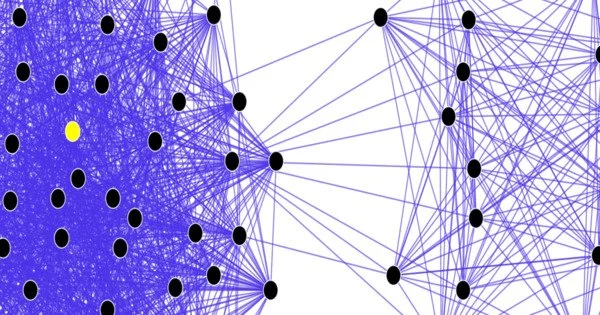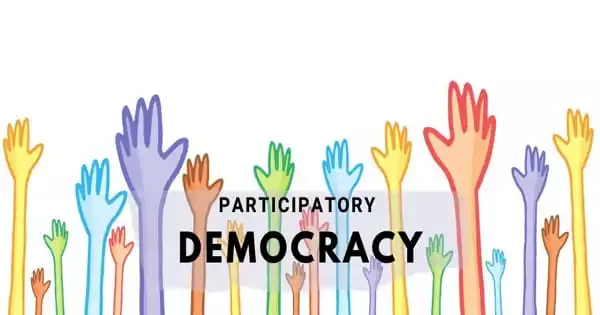In political science, class conflict (also known as class struggle, class warfare, or capital-labor conflict) refers to the political tension and economic antagonism that exists among society’s social classes as a result of socioeconomic competition for resources between the rich and the poor. Class struggle is a central tenet and a practical means of effecting radical sociopolitical changes for the social majority, the working class, in the political and economic philosophies of Karl Marx and Mikhail Bakunin.
Marxian theory divides society into two primary classes: the bourgeoisie (capitalist class) and the proletariat (working class). The bourgeoisie, who own and control the means of production, profit from the labour of the proletariat. In order to survive, the proletariat must sell their labour power to the bourgeoisie.
Direct violence, such as wars for access to and control of natural resources and labour; assassinations and revolution; indirect violence, such as death from poverty and starvation, illness, and unsafe working conditions; economic coercion, such as the threat of unemployment and capital flight, the withdrawal of investment capital; and ideological coercion, through political literature, are all forms of class conflict.
Marx believed that class conflict arises from capitalism’s inherent contradictions. The bourgeoisie’s pursuit of profits leads to exploitation and alienation of the working class. The working class develops class consciousness and seeks to challenge the dominant capitalist class as it becomes aware of its exploitation. Economic struggles, labour strikes, protests, and even revolutions can all be manifestations of class conflict. Marx predicted that class conflict would worsen over time, eventually leading to the capitalist system’s demise and the establishment of a classless society.
Political forms of class warfare include lobbying (both legal and illegal) and legislative bribery. The social-class conflict can be direct, as in a labour-management dispute, such as an employer’s industrial lockout of their employees in an attempt to weaken the bargaining power of the corresponding trade union, or indirect, as in a workers’ slowdown of production in protest of unfair labour practises, low wages, and poor working conditions.
While Marx’s ideas have had a significant influence on political science and sociology, it is important to note that different schools of thought within political science interpret class conflict differently. According to some scholars, class conflict is not limited to capitalist societies and can exist in a variety of forms and contexts. Overall, class conflict remains a central concept in political science because it emphasises the inherent tensions and power dynamics that exist between different social classes within a given society.
















